When you decide to push ‘go’ on bringing your business idea to life, finding the finance to turn your product/service into a fully-fledged business is likely to cause you the biggest headache.
If you’re not lucky enough to have a personal fortune, or friends and family to throw some money in your direction, you’re going to need to know your options about where to go to finance your business.
The good news is that there are several sources of finance for a business like yours, but you need to know the pros and cons of each to ensure you pursue the lending option that best matches your ambition.
Here are the key different sources of finance for a business that you need to be across, plus some tips on how to access them:
-
Business loans
When you think about borrowing money, most people think about approaching a bank. After all, banks are known to be reputable and accessible, and they should be able to offer you a loan at a competitive rate.
But you don’t necessarily need to approach your bank for a business loan. You can also seek out a loan from the government, via the Start Up Loans Company which guarantees a low interest rate for all successful applicants.
Or you could go down the ‘alternative finance’ route and borrow money from investors via online peer-to-peer lending platforms. Peer-to-peer platforms facilitated loans worth nearly £3 billion during 2018, with more than 288,000 current borrowers during the fourth quarter, figures showed.
-
Small business grants
Who doesn’t like the idea of a cash award? Often you won’t have to pay interest on grants, or indeed pay them back at all.
However, the government, universities and other grant-giving organisations don’t hand out money without good reason. Typically, they’re reserved for businesses who are improving lives, innovating a particular sector or contributing to the economy. There’s usually a strict eligibility criteria, so you’ll be able to see straight away whether this is source you can actively pursue.
As you might expect, there’s plenty of competition for small business grants, so don’t pin all your hopes on this particular source of finance.
-
Invoice financing or factoring
If the nature of business means that you’re left waiting for payments from customers or clients, you might want to consider invoice factoring and invoice financing.
With invoice factoring, you can sell unpaid invoices to a third party who will pay a large portion of the money owed on the invoices so that you can maintain cash flow and concentrate on running your business rather than chasing customers. The finance company will do the chasing and collect the money owed, giving the remaining amount to you once they’ve retrieved it, minus their fees.
Meanwhile, with invoice financing, you don’t sell your unpaid invoices – instead, you borrow money against them, paying it back once you’ve received the funds from your customers. Again, this ensures you have the flexibility to make business decisions, without being bound by late-paying customers.
-
Crowdfunding
Crowdfunding is what it says on the tin: the practice of funding your venture by raising money from a large number of people. The platform is appealing to backers who can invest as little or as much as they like, in return for either a reward or equity.
It’s up to you whether you offer rewards or equity to your backers. That decision might depend on what rewards you can actually offer people, and how willing you are to share the ownership of your company.
Set your target amount wisely – too high and you may not reach it, which could mean you don’t see any of the backers’ money; too low and you may need to raise additional funds from another source.
-
Angel investors
If your business idea is potentially lucrative, angel investors might want to invest in it, in exchange for a portion of equity.
Angel investors are cash-rich individuals who typically have lots of business experience and contacts, which they might choose to share with you. But you’ll need to be proactive to attract their attention; ensuring that when you do reach out to them, you’ve done your research on their background.
Take a look at their investment portfolios, websites and social profiles to get a feel for whether your business is one they’d be interested in. If you manage to acquire investment from an angel investor, it might prove to be one of the best decisions you make for your business.
Purbeck offers Personal Guarantee Insurance for SME Directors who have business loans or financial agreements. We cover up to 80% of your risk, giving you peace of mind as you plan the future growth of your business. Please contact one of our specialists today to learn more on 0208 004 7252.








